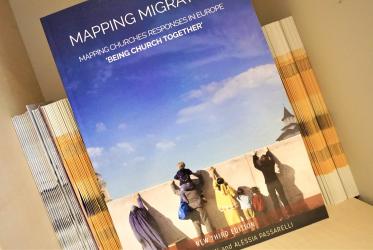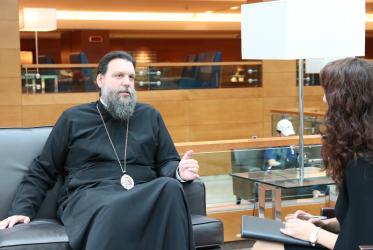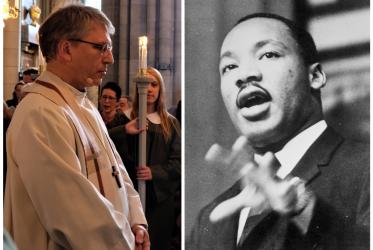Displaying 1 - 19 of 19
In a COVID-stricken world, “everyone is important”
23 October 2020
Fr Alexi - a peacemaker in Syria
21 December 2018
#WCC70: Children in the Ecumenical Movement
20 December 2018
How can you help refugees?
11 October 2018
Catholics, WCC map future together after papal visit to Geneva
05 September 2018
“Arusha Call to Discipleship” issued
13 March 2018
#WCC70: Churches as “freedom agents”
12 February 2018
In Lebanon, refugees face hardship - but find hope
16 March 2017
Churches to be more inclusive of persons with disabilities
16 October 2014















